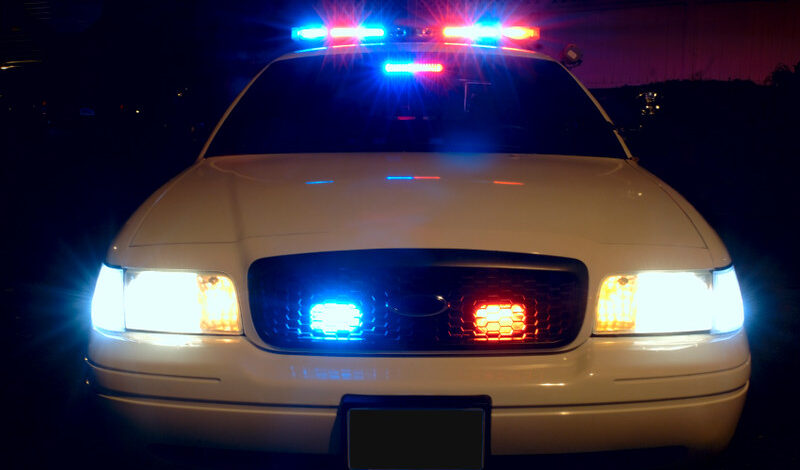What is it:
This offense is found in Title 75, Section 3733 of the Pennsylvania Motor Vehicle Code, and it is defined as anyone who refuses or fails to bring their vehicle to a stop, or otherwise flees or attempts to elude a police officer once being given visible and audible signals to bring the vehicle to a stop. The “signals” include lights, sirens, hand signals, or verbal commands.
A police officer lacking probable cause or reasonable suspicion is not a defense to refusing to stop a vehicle or otherwise fleeing or eluding an officer. The statute for this offense does not require the officer to have reasonable suspicion or probable cause prior to seeking the vehicle to stop.
- Probable Cause: Reasonable basis for believing that a crime may have been committed, supported by facts or circumstances. This is required in order to arrest someone, conduct a search/seizure, or obtain a warrant. You need evidence in order to prove probable cause.
- Reasonable Suspicion: Reasonable presumption that a crime has been, is being, or will be committed. This belief is derived from a police officer’s experience and training; it is considered more than a guess or a hunch, but less than probable cause. This is the level of suspicion needed in order to stop someone, question them, or search for weapons if the person is armed or appears to be an imminent threat to themselves or others.
A police officer lacking reasonable suspicion that a crime is afoot is only a defense to the crime for which you were signaled to stop for. Lacking reasonable suspicion does not give a citizen the right to refuse to stop, flee the scene, or resist arrest (Commonwealth v. Scattone).
Defenses:
It must be proven that the defendant was able to hear and see the visible and audible signals to stop their vehicle, and deliberately did not stop the vehicle in order to charge someone with fleeing or attempting to elude a police officer. Another possible defense to fleeing and eluding is by proving that the reason you failed to stop was because you were worried about your safety. Claiming a defendant did not feel safe depends on a lot of factors in the situation, such as;
- The time and place of your attempted stop. (Was it dark, unpopulated street).
- Whether or not you stopped as soon as you reached a well-lit area.
- Your behavior while police were following you (did you slow down, put your hazards on, or did you speed up).
- Was the police officer in uniform and/or marked car at the time of the attempted stop. (How difficult was it to tell whether it was a law enforcement officer or not).
Penalties/Grading:
The grading for fleeing or attempting to elude an officer is different depending on the circumstance of the crime. It is generally considered a misdemeanor of the 2nd degree, which carries with it a possible prison term of 2 years and a fine up to $5,000. It is considered a felony of the third degree if any of the three are true during the time of the crime;
- Defendant commits this offense while driving under the influence of drugs or alcohol,
- The defendant crosses state lines during the pursuit or;
- Defendant endangers law enforcement officer or the general public by engaging in a high-speed chase.
A felony of the 3rd degree carries with it a maximum penalty of 7 years in jail and a fine up to $15,000.
Know Your Rights:
As a citizen, it is perfectly legal to not pull over for an officer signaling you if you do not feel safe. If you are suspicious of an unmarked police car, do not wish to pull over on a dark road, wish to have a more populated area to pull over too, or for any reason are concerned with your safety, you may continue to drive until you feel you found a safe place to pull over. If you do not feel safe and wish to wait to pull over, here is what you do;
- Slow down your vehicle to show the officer you are not attempting to flee him.
- Turn on you hazard lights; this will signal to the officer that you are waiting until you are at a safe area to pull over.
- Pull over at the first well-lit and well-populated area that is available.
. You may also call 911 if you feel you are not safe stopping, or you are unaware if the car signaling you is a police officer or not. The operator will the instruct you on what to do, and if it is an officer behind you, the operator will notify the officer of what is happening, and he cannot charge you with fleeing or attempting to elude.
If you or someone you know is in need of a Defense Attorney The Law Office of Vincent J. Caputo is dedicated to providing you with effective legal representation. We will help you understand the charges you are facing and your best options. Contact our office for a free consultation.
Your future? Our priority!








